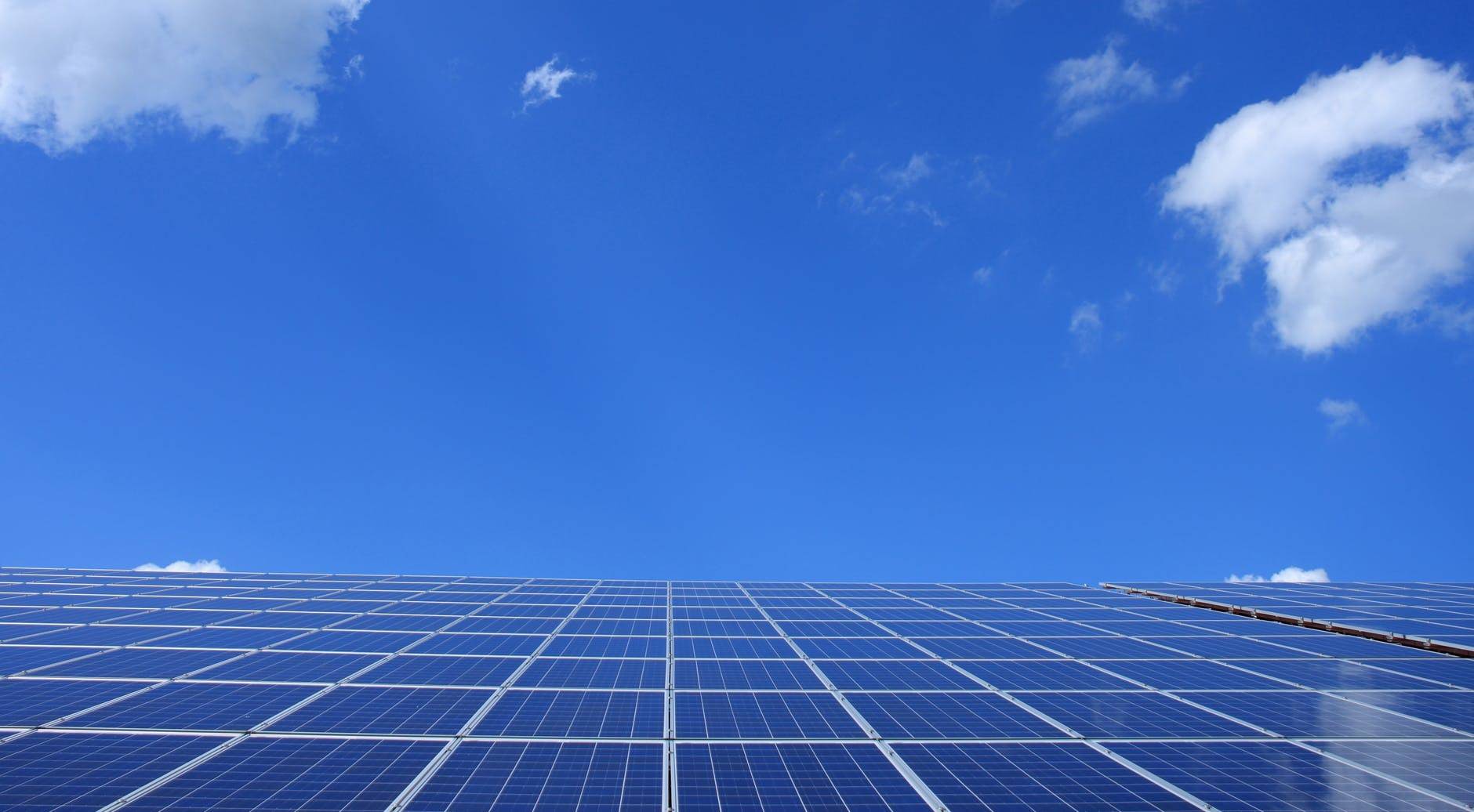April 29,2020
Which should I invest in, a solar generator or a fuel generator?
This year, as we have been more at home, we have become increasingly reliant on the power supply in our houses. So having appropriate backup power is a critical safety precaution in the event of a grid outage or interruption. Solar generators and conventional fuel generators are the most common energy alternatives.
A solar power generator is a portable generator that generates electricity using the sun's energy rather than fossil fuels like gasoline, wood, or diesel. What are solar power generators, and how do they work? Simply put, solar panels collect energy from the sun and store it in the device's internal battery. An inverter converts the direct current (DC) to alternating current (AC), which is then sent into the device for charging. Solar generators are ideal for situations where you require a little amount of energy only, such as camping, living without access to the internet, or powering electrical equipment. They are lightweight and convenient to travel with, making them excellent for usage in warm weather. These generators are silent, emit no pollutants, and have no operating costs, making them ideal for usage in and around a trailer, campsite, or home.
When we mention "fuel generators," we're talking about propane, natural gas, gasoline, or diesel-powered generators. The combustion chamber is injected with a combination of air and fuel, such as gasoline or diesel, which is compressed by a piston and ignited by a spark plug. Fuel-powered generators are ideal for significant power demands, such as home backup power or operating under severe weather situations, due to their dependability and great power output.
- Advantages of solar generators
- Disadvantages of solar generators
1. Solar generators; noiseless: These generators are very quiet and do not cause much disturbance. Being so low on noise makes these generators stand out from the rest.
2. Solar generators are free to run/free solar energy: With a solar generator, you don't have to stress yourself about putting in any extra money for proper functioning.
3. Solar generators are safe for the environment: Unlike fossil fuels, solar panels do not emit greenhouse gases, ultimately making them a more environmentally friendly source of electricity.
4. Solar generators are low-maintenance: In the case of a solar panel, the parts do not develop faults as quickly as those of a gas generator.
1. Slow charging rate. Solar panels are slow to charge and operate as trickle chargers for battery packs. If they are needed right now and aren't ready, the sluggish loading might be an issue.
2. Requires a BMS: Overheating can cause corrosion and ignition of the battery; the BMS (battery management system) or charge controller should monitor and safeguard the battery to prevent it from running outside of the safe temperature range.
3. Dependent upon the sun: If there is no sun or if the sun has been stored for a long time, the solar panel might not be able to be used.
- Advantages of fuel generators
- Disadvantages of fuel generators
1. Easy to use: Fuel generators work by adding fuel and pulling and releasing the power cord (or switching on the power button).
2. More powerful: These generators produce more power than solar generators of the same capacity, and you can run them for a long time just by switching them on.
3. Less expensive: Fuel generators have been around for a long time, and there are many different varieties to choose from. They are also less expensive than solar generators.
4. More reliable: A fuel generator is weatherproof, thus making it more reliable.
1. Use of dangerous fuels: Fuel generators produce ozone (O3), nitrogen dioxide (NO2), and Sulphur dioxide in the atmosphere (SO2).
2. Noise pollution: These generators are very noisy, and you might not be able to tolerate such high sounds all the time.
3. Frequent usage raises the expense; Before using a fuel generator, you must purchase gasoline before you run it. Short-term usage is allowed, but long-term can be quite costly.
4. Hard to transport and install: Fuel generators weigh at least 45-50 pounds, making them extremely difficult to move.
In general, when the demand for energy is low, solar generators are more cost-effective, adaptable, and sustainable than typical fuel-powered generators.

What an Amazingly portable power station!
In an overall comparison, solar generators are more cost-effective, flexible, and sustainable than traditional fuel-powered generators when the demand for electricity is not as great.
CTECHi |Content Creator







